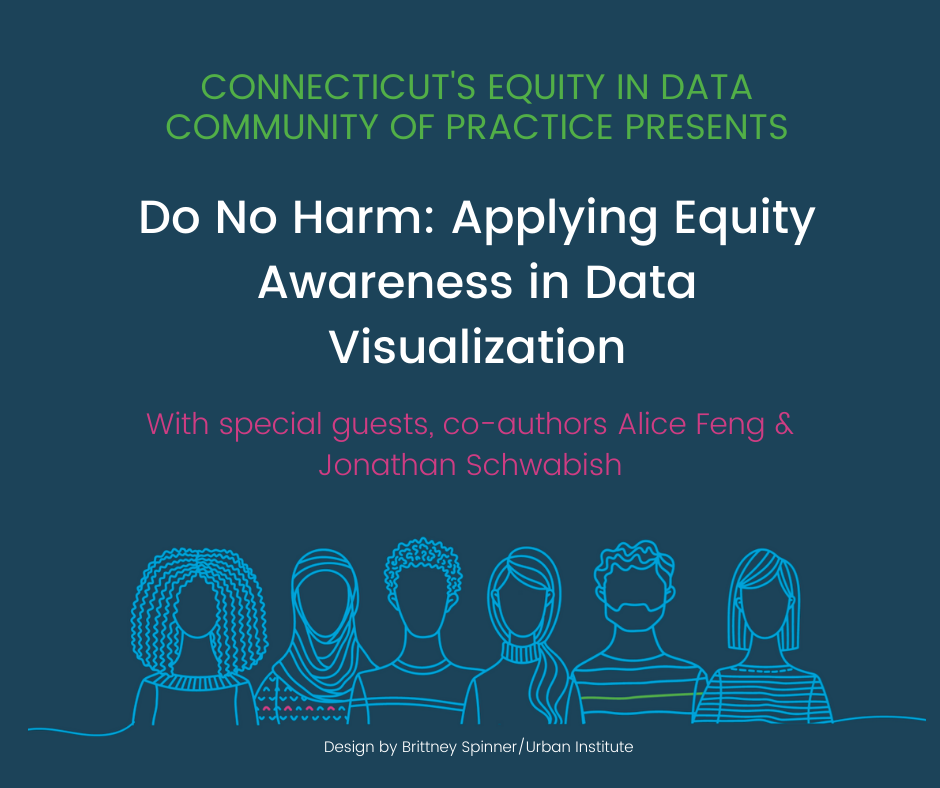CTData (mini) Conference 2021
Session Descriptions
Over 150 people joined us for the CTData (mini) Conference 2021! We had interesting discussion and some great music that got us excited for the sessions. If you missed the conference, you can access recordings of all of the sessions through the links below. We look forward to seeing you at CTData Conference 2022!
Please note: This session will take on Microsoft Teams. If you registered, the link is in the email you received from Eventbrite. We will also be sending the link prior to the session.
Community Resiliency Estimates and The Pulse Program With The Census Bureau
Monday, November 8, 10:30am-12:00pm
Community Resilience Estimates demonstration: Our state has experienced multiple disasters in the pandemic and in the deluge of rain and flooding in unexpected places. The Community Resilience Estimates “provide an easily understood metric for how at-risk every neighborhood in the United States is to the impacts of disasters, including COVID-19.” This Census Bureau demonstration will explain how you can use the tool and understand the methodology behind the estimates.
Pulse Program: In the beginning of the #Covid-19 pandemic, the US Census Bureau responded to “the urgent need for data…[by] launching two new experimental surveys to measure temporal social and economic trends in the nation’s small businesses and households.” Come and learn about these two surveys and how you can use them to respond to the changes in Connecticut.
Coffee With CTData
Access the links, slides, and the recording here
Tuesday, November 9, 9:00-10:00am
Grab your coffee and come chat with CTData staff about some of the data projects we’ve been working on to help data users in CT. Projects we may talk about include the Zoning Atlas, Town Profiles, the Women & Girls Platform, the Hartford Data Collaborative, or others!
PUMAs: What Are They And How Might They Change?
Access the information, slides, and recording here. Access our PUMA page here.
Tuesday, November 9 10:30am- 12:00pm
PUMAs (Public Use Microdata Areas) are geographies that include multiple towns and allow us to access Public Use Microdata for an entire region. These data can contain lower margins of error for certain kinds of disaggregation and can allow us to access data that is not available at the town level. Come learn more about these areas and give your input into what Connecticut’s PUMAs should look like for the next decade.
Come back for more information soon!
Do No Harm: Applying Equity Awareness in Data Visualization
Access the recap, links, and recording here.
Wednesday, November 10, 10:30am-12:00pm
Co-authors Alice Feng (Senior Data Scientist (Data Visualization) at Natera) and Jonathan Schwabish (Senior Fellow at Urban Institute) will share techniques that data visualization producers can consider when creating visuals to integrate race- and ethnicity-consciousness into our data visualization work.
This presentation is based on the Do No Harm Guide: Applying Equity Awareness in Data Visualization and is sponsored by Connecticut's Equity in Data Community of Practice.




